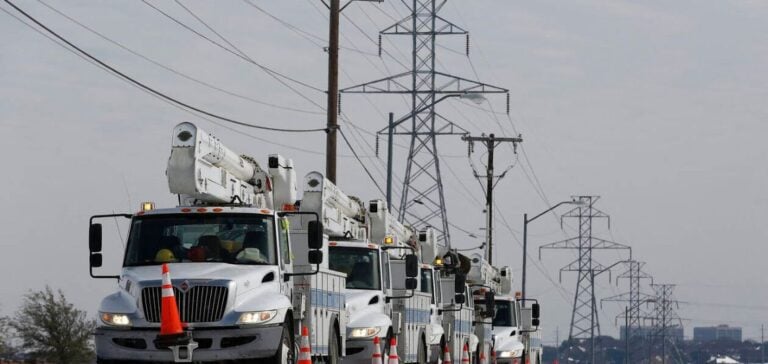Senators Joe Manchin and John Barrasso introduce legislation to speed up the permitting process for energy projects in the USA. This bill aims to simplify and streamline approvals for power transmission, liquefied natural gas (LNG) export and mining projects. By eliminating bureaucratic obstacles, this law aims to strengthen the national energy network and maintain competitive energy prices.
Reinforcement of the Electrical Network
Increased transmission capacity is crucial to bringing the electricity generated by renewable energy projects to urban centers. Currently, almost 2,000 MW of clean energy are waiting to be connected to the grid. This legislative initiative aligns with the Biden administration’s goal of decarbonizing the U.S. energy sector by 2035. The bill also proposes new opportunities for companies to bid on offshore oil and gas concessions between 2025 and 2029, while setting a 90-day deadline for the Secretary of Energy to approve or reject LNG export applications.
Industry outlook
Wyoming Senator John Barrasso criticizes the current permitting system as inefficient and detrimental to domestic energy production. He asserts that “Washington’s disastrous permitting system has for too long hampered American energy production and punished families in Wyoming and across the country.” For Barrasso, Congress must intervene to rectify this process. For his part, Joe Manchin describes the legislation as a “common-sense, bipartisan measure that will expedite permitting and provide more certainty for all types of energy and mining projects, without circumventing important protections for our environment and affected communities.”
Impact on mining
The National Mining Association (NMA) expresses its support for the legislation, believing it could facilitate the extraction of essential minerals used in power transmission, renewable energy and energy storage, such as copper. According to the NMA, simplifying permit procedures is crucial to unlocking the country’s mining potential, which is essential to the energy transition.
Environmental and community issues
Although the legislation aims to speed up energy projects, it also raises environmental concerns. Environmentalists stress the importance of maintaining strict protections to minimize the ecological impacts of new projects. Local communities, often located close to operating sites, demand guarantees of economic benefits and environmental safety measures.
Analysis of Benefits and Challenges
Accelerated permitting could attract more investment in the energy sector, particularly in transmission infrastructure and LNG projects. However, this initiative must strike a balance between rapid approvals and rigorous environmental assessments. Energy industry analysts are closely monitoring the implications of this legislation on the energy market and the evolution of regulatory standards. This legislation represents a significant effort to modernize the regulatory framework for energy projects in the United States. By simplifying permit procedures, it aims to encourage a rapid transition to more sustainable energy sources, while stimulating economic growth. However, the challenges of environmental concerns and impacts on local communities remain crucial issues to be addressed in the ongoing legislative debate.






















